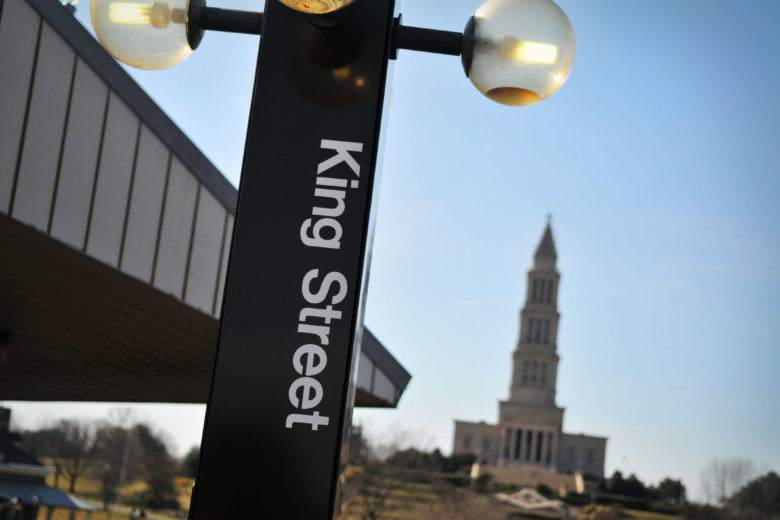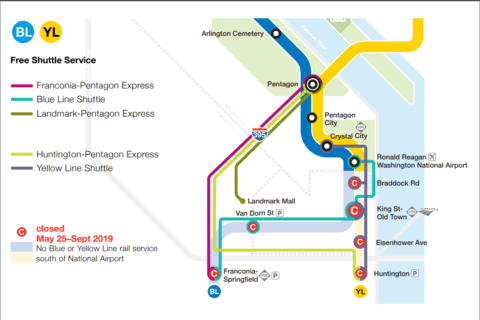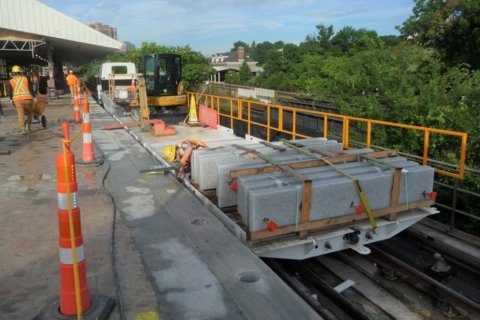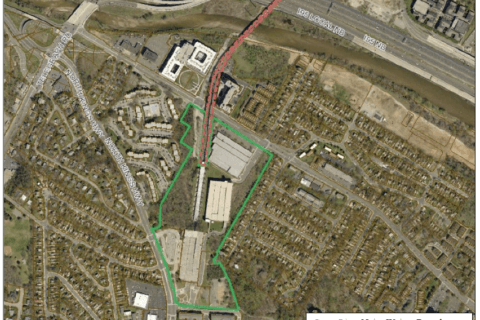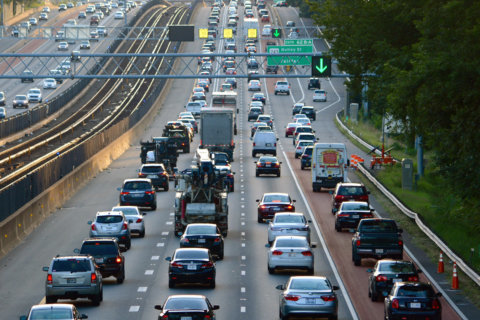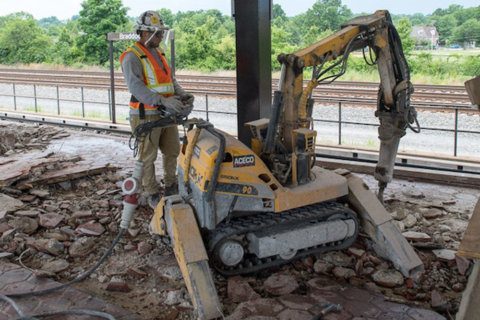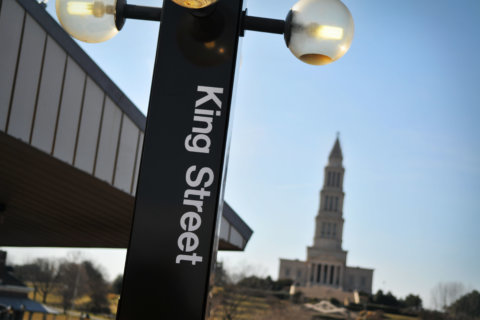
As many as four in 10 Alexandria, Virginia businesses are losing money due to the Washington Metro’s summer shutdown of the Blue and Yellow lines south of Reagan National Airport, and some of them are down more than 10% from a year ago.
The number of businesses losing significant amounts of money compared to the same time last year is greatest on upper and middle King Street, close to the King Street Metro station, according to a survey conducted in mid-June by the city, Visit Alexandria, the Alexandria Chamber of Commerce and the Alexandria Small Business Development Center.
About two-thirds of the 149 businesses who responded are in the Old Town area.
The survey found that “38% of businesses on upper and middle King report revenue declines of greater than 5%, with most of those seeing declines of greater than 10%.”
In the lower King Street area, closer to the water, 27% of businesses reported declines of some kind, but 68% reported revenue increases of more than 5% compared to the same time last year.
Overall, 41% of city businesses who responded to the survey said revenue was down somewhat, even if the changes may not all be directly attributable to the Metro closures.
Citywide, 46% of retailers and 43% of restaurants reported revenue drops of more than 5%; 43% of hotels also reported revenue declines. City leaders are aiming to keep those declines below a projected $8.6 million.
The mitigation efforts businesses were most optimistic about were discounted night and weekend parking, increased advertising, the expanded King Street Trolley hours, and the free shuttle buses.
Two separate advertising campaigns target potential visitors from out of town with a hotel package that includes free parking and water taxi trips, and people who live in the D.C. area who come to restaurants or events, Vice Mayor Elizabeth Bennett-Parker said last week.
The city is also promoting more of its special events.
On weekdays, at least some Metro riders are still taking the train through the city, just a different kind of train. VRE has seen 1,000 to 2,000 additional riders to and from Franconia-Springfield and Alexandria, Bennett-Parker said.
“There was some concern that those additional passengers …. could cause delays, but that has not proven to be the case. It seems that VRE riders tend to ride early in the rush-hour period and, Metro riders are riding later in the rush hour,” she said.
In the first three-and-a-half weeks of the Metro closure, VRE paper ticket sales approximately doubled over the same period last year, and mobile ticket sales rose sevenfold.

